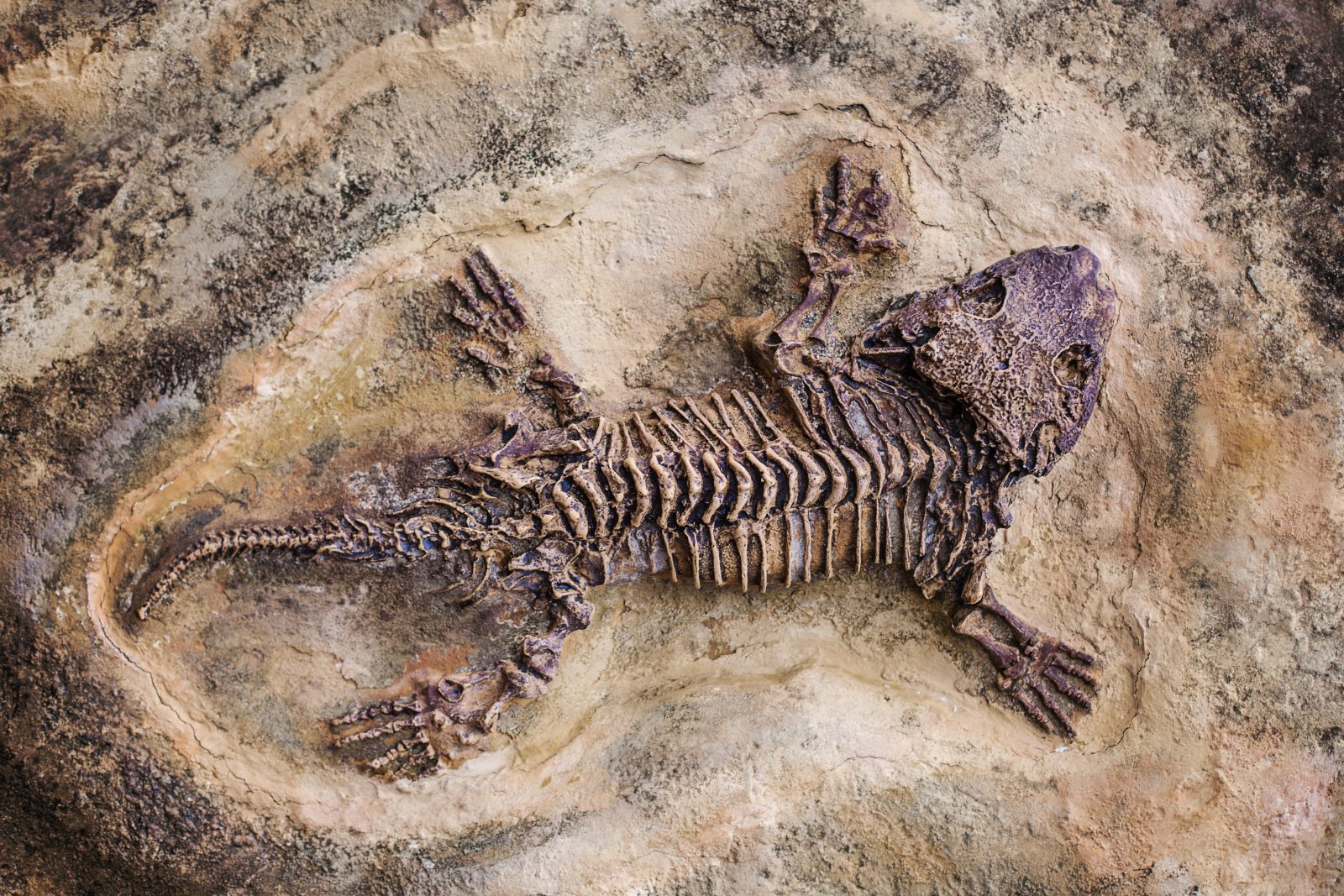
Casey Luskin on Why He Favors ID over Theistic Evolution
Today’s ID the Future continues intelligent design theorist Casey Luskin’s conversation with Apologetics 315 podcast hosts Brian Auten and Chad Gross. Here in Part 2, Luskin give a peek behind the scenes of ID 3.0, the current research program inspired by the intelligent design framework. Luskin is then asked to explain his reservations about theistic evolution, and Luskin points out the evidential, rhetorical, and logical problems he sees with the brand of theistic evolution advocated by Francis Collins and Biologos. What about the future of the intelligent design movement? Luskin says he’s optimistic, both because of the exciting research and publication breakthroughs of late, and because of the many converts he’s seeing to the ID framework. According to Luskin, many of these recruits remain behind the scenes to avoid reprisals from opponents of ID in positions of power, but some top scientists have come out publicly in support of intelligent design, including at least one Nobel Laureate. This episode is presented here with permission from Apologetics 315.




